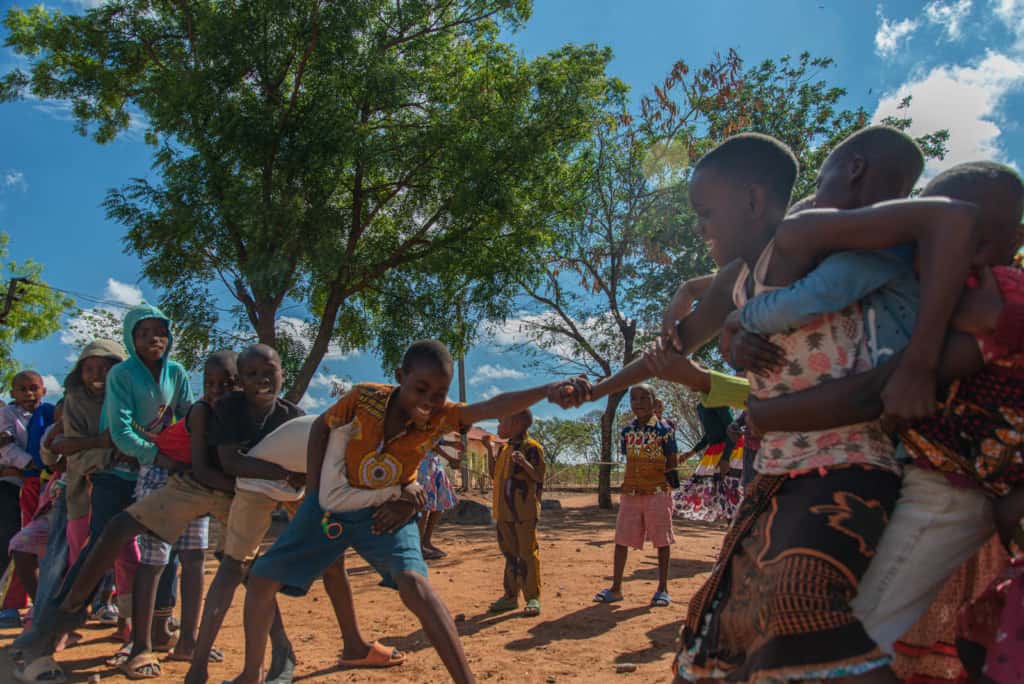
Tanzania is a stunning country found in East Africa along the Indian Ocean. From Africa’s highest peak, Kilimanjaro (19,340 feet), to the world’s second-deepest lake, Lake Tanganyika (4,710 feet deep), Tanzania is filled with unique scenery and diverse wildlife. Tanzania borders Lake Victoria, the largest lake in Africa and the reservoir of the Nile, and almost 30% of the country is reserved as national parks. The famous Serengeti National Park attracts many safari seekers hoping to glimpse the “big five” — lions, leopards, rhinos, elephants and buffaloes. Additionally, the Serengeti is the location of the “Great Migration,” the largest animal migration in the world. Each year, over 2 million animals including wildebeests, zebras and gazelles trek across the Serengeti and the Masai Mara (Kenya).
Tanzania’s natural beauty does not stop there! If you journeyed through this country, you would also spot the Ngorongoro Crater (Africa’s Garden of Eden), the stunning beaches of Zanzibar, and incredible underwater sea creatures like lionfish, leaf fish, sea horses, green turtles and frog fish. Because Tanzania is home to so many natural wonders, it is sometimes called “The Land of Wonders.”
In this beautiful land there are equally beautiful people. The cities of Dar es Salaam and Arusha showcase skillful architecture and intriguing culture. Although this nation struggles against poverty, malnutrition and child labor, there is hope and there are reasons to celebrate. We’d love to share some interesting facts about Tanzania that will teach you about its fascinating culture and traditions. Come travel with us to the country that nearly 100,000 Compassion-assisted children call home!
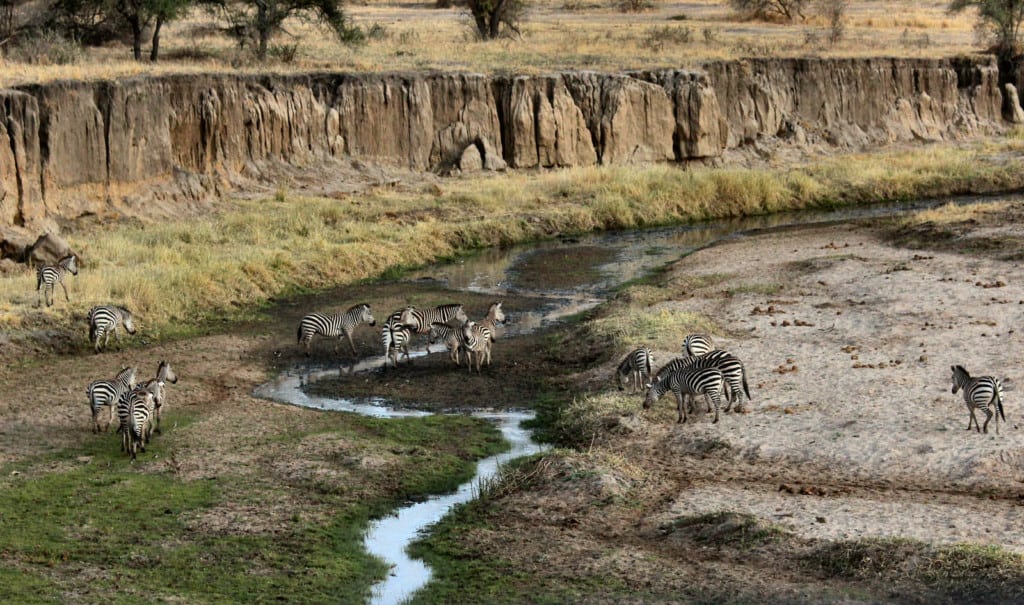
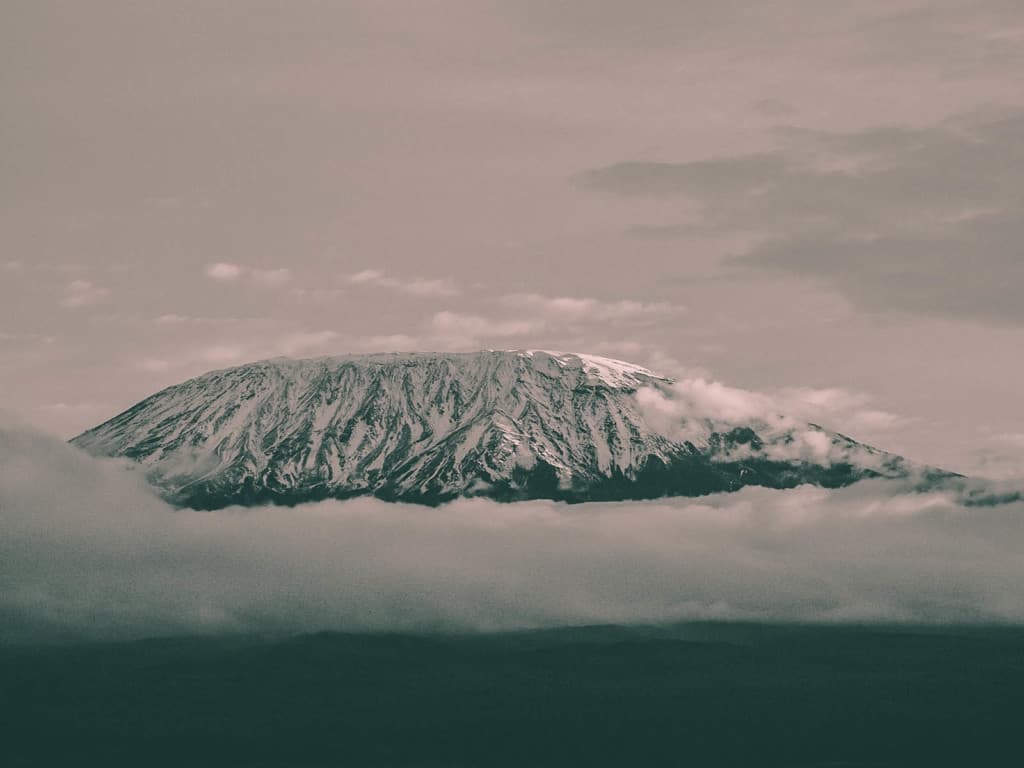
Key Facts About Tanzania
Here are some quick, interesting facts you should know about Tanzania.
- Population: 58,552,845
- Capital: Dodoma (official)
- Official language: Kiswahili or Swahili, English
- Area: 365,755 square miles. That’s about three times the size of New Mexico.
- Economy: The economy depends on agriculture, which accounts for slightly less than one-quarter of the country’s gross domestic product and employs about 65% of the workforce. Agricultural products include coffee, sisal, tea, cashew nuts, tobacco, pyrethrum (insecticide made from chrysanthemums), and a variety of fruits and vegetables. Large industries in Tanzania are agricultural processing, mining and oil refining.
Culture and Traditions of Tanzania
With over 120 ethnic groups, Tanzania has a rich, ancient heritage. Although culturally eclectic, Tanzanians feel a strong sense of national pride. Let’s learn some more about this special country!
Religion: A little over 60% of the population identifies as Christian, while about 35% identifies as Muslim. A small number of Tanzanians follow folk religions or are unaffiliated with a religion. There are generally cordial relations among religions in society; however, there continues to be increased tension between Muslims and Christians and between secular and fundamentalist Muslims.
Clothing: Tanzanians are modest and conservative in their dress. While younger generations, especially in urban regions, may wear T-shirts and jeans, many Tanzanians dress traditionally. The traditional garment for women is the “kanga.” This large, rectangular cotton cloth features bold, bright prints, and modern designs often include a proverb or riddle written on them. The kanga can be worn in a variety of ways, from a simple wraparound skirt to complex draping styles. Men in Tanzania typically dress in less colorful clothing than the women. Pants and dress shirts are common, but shorts are seen as inappropriate and childish. The “kanzu” is the traditional outfit for men. It consists of a white or beige robe and a tassel that hangs from the collar. For official occasions, a “kofia” (traditional cylindrical cap) and a suit jacket or cloak are added.
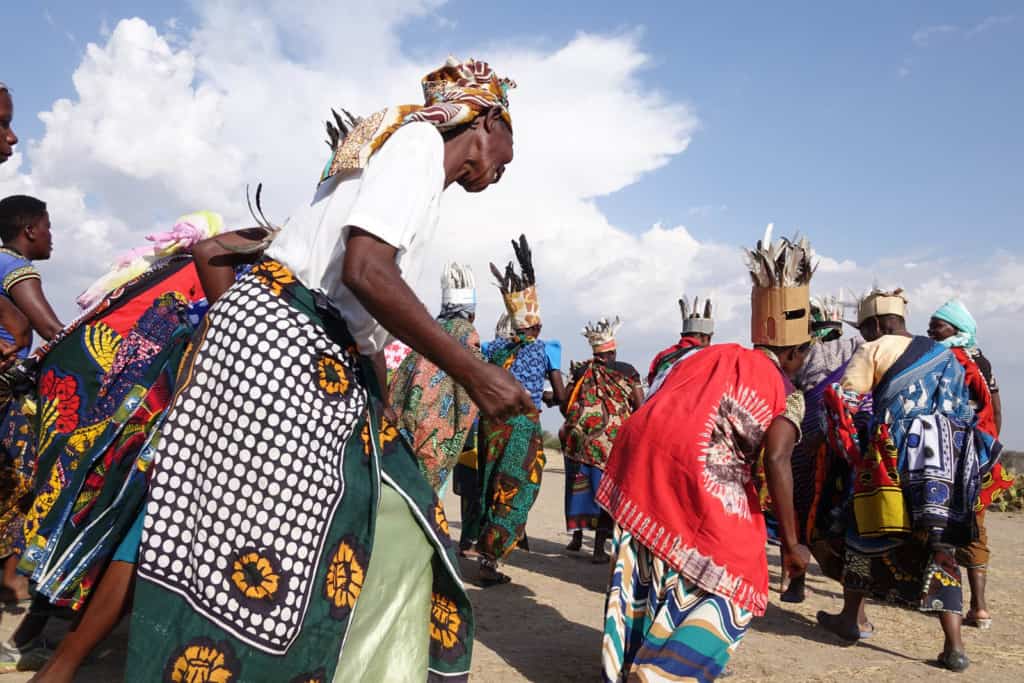
General culture: Tanzania does not have one single politically or culturally dominant ethnic group. With over 120 different Indigenous African peoples making up its population, Tanzania is diverse. Today the majority of Tanzanians are of Bantu descent. The mainland of Tanzania (Tanganyika) makes up 99% of the country. However, Zanzibar (an island 22 miles off the coast) and Pemba island both have strong cultural and political influences. Tanzanians are friendly and polite. Family loyalty, respect for elders and self-control are important values. Children enjoy playing marbles, tag and soccer. Due in part to British influence, rugby is also a popular sport in Tanzania.
Music and Dance of Tanzania
The music and dance of Tanzania reflect its population and are diverse and full of life. Ancient songs and dances pass down knowledge, beliefs, rituals and even historical events. There is so much to share that we will just choose a few styles to feature.
Most of the ethnic groups in Tanzania use the pentatonic scale – a scale with five notes – in their traditional music. Two-part harmony is a common feature. Instruments such as drums, the “litungu” (a lyre made from wood, rope and cowhide) and nose flutes, along with vocals, are used.
The production of music in Tanzania is dynamic and ever changing. Modern music includes “muziki wa dasi” (African rumba style), jazz, gospel and “Bongo Flava” — a mix of hip-hop, reggae and traditional Tanzanian sounds.
The Sukuma tribe is known for its daring “Bugobogobo,” or snake dance. A group of dancers display their courage and skill by performing with a live snake, which strikes at them. The Haya tribe enjoys choreographed dancing to the beat of drums. Men and women dance together as a group, and their performances include complex, athletic moves.
Food and Drink of Tanzania
Tanzanians typically eat simply. Their meals often include grains, rice, vegetables, fruits and spices, with meats like chicken and fish reserved for special occasions. Along the coast and on Zanzibar, seafood is popular, while bananas, papayas, eggplant, tomatoes, cassava and plantains grow abundantly on the fertile land. Here is a quick sample of Tanzanian cuisine.
Ugali is a thick paste made from cassava flour, millet or sorghum. This Tanzanian staple is typically served with flavorful sauce, beans or cooked vegetables. Ungali is popular in many sub-Saharan countries and is a filling element of many meals.
Tanzanian coconut rice combines the rich flavor of coconut with savory seasonings, vegetables and meat. Tanzanians often use coconut milk as an ingredient in their cooking. Learn to make this healthy, hearty meal!
Chai tea is a popular drink in Tanzania. Black tea and milk are used as the base and then seasoned with ginger, cinnamon, peppercorn, cloves and cardamom. This spicy drink can be sweetened with sugar and served hot.
Mandazi is a delicious fried bread, typically eaten in East Africa along the Swahili coast of Tanzania and Kenya. This dessert resembles a coconut-flavored doughnut and is topped with sugar or icing. Yum!
“If you want to know the secrets of a man, sit down and eat with him.”
African proverb
A Story From Tanzania: Running Down Her Dream
In a hot region of Tanzania that is best known for its fields of sunflowers, you might not expect to find an aspiring athlete. From a young age, the odds were stacked against Clenzeensia, but her passion to run and competitive spirit fueled her.
“I remember when I was young, I would race my cousin all the time and I would always win. And my mother loved sending me to the shop because she knew I would be fast,” says Clenzeensia.
Despite working hard, Clenzeensia’s mother and aunt often struggled to provide enough food for the family. When Clenzeensia was 4 years old, she was registered at a Compassion center that had started at a local church. This was a great blessing not only for Clenzeensia but also for her family, who received assistance and food.
It was at the Compassion center where Clenzeensia’s dream of being an athlete began. She eagerly ran in a competition organized by Compassion Tanzania for all the registered children in the country. Although she lost, Clenzeesia was even more determined to compete.
The staff at the Compassion center noticed Clenzeensia’s interest and talent in athletics. Elibariki, the project coordinator, says, “As a center, we want our kids to know that they can make a career out of what they love to do. … We made sure we supported Clenzeensia by taking her to all the competitions that she wanted to take part in.”
Clenzeensia became faster and won more and more races! Out of all the competitions that Clenzeensia participated in, she is most proud of her second-place finish in the East African under-17 competition. She says, “When we got to the finals of that competition, I pulled a muscle and the doctor told me not to race. I pushed through and came in second. I was really proud of myself.”
Clenzeensia is now 20 years old and continues to dream. Her dream is to one day represent Tanzania in bigger competitions like the Olympics!
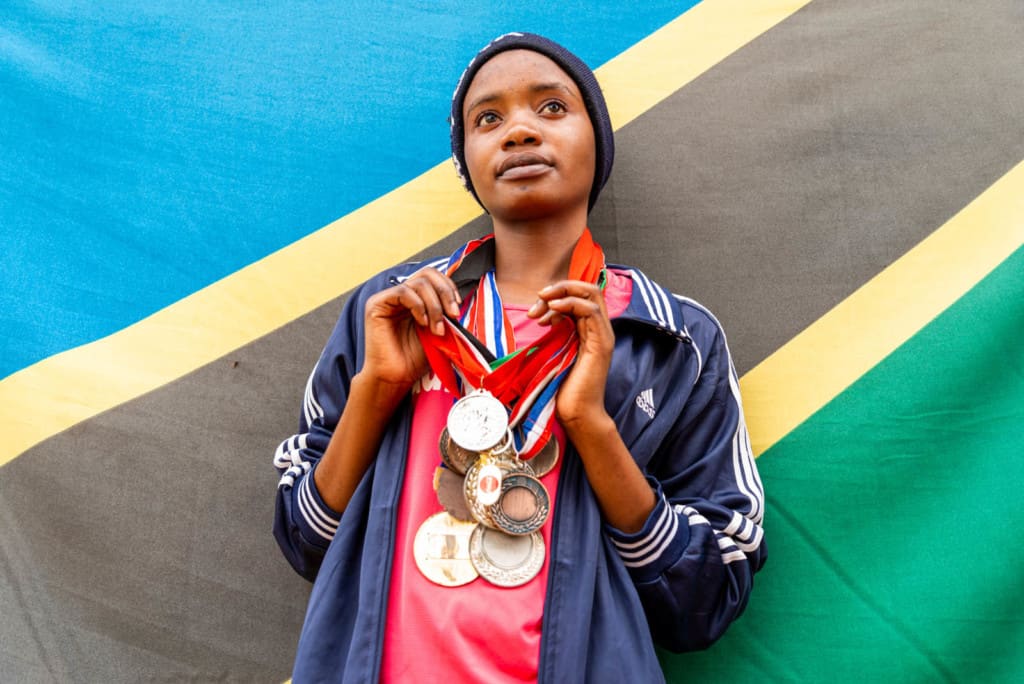
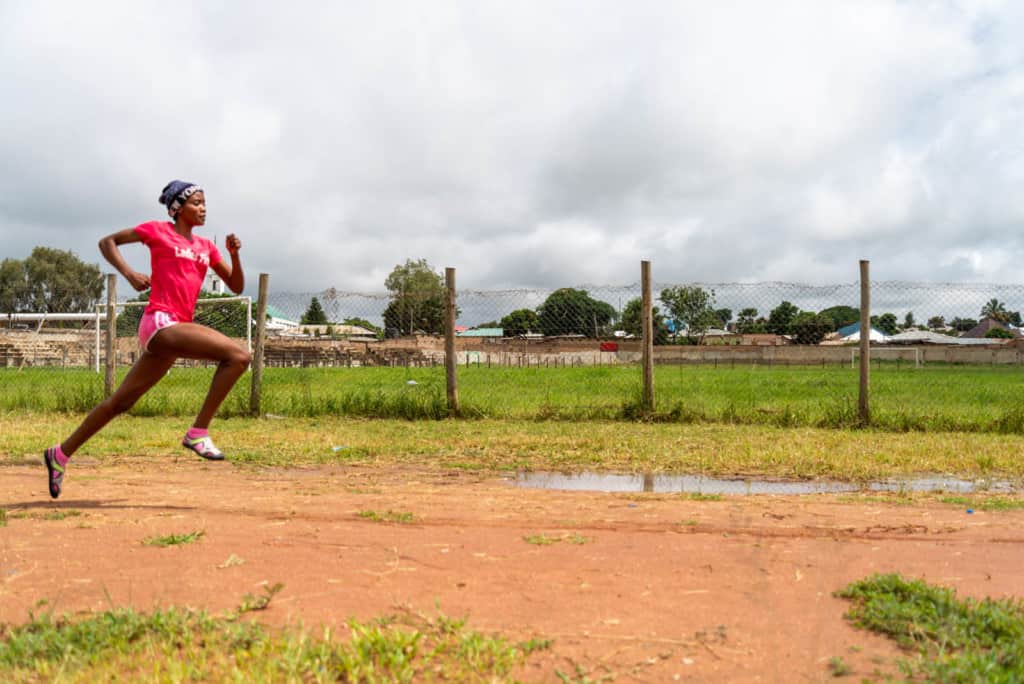
Read More Stories From Tanzania
BONUS: Fun Fact About Tanzania
“Hakuna matata” is much more than the popular Disney song from “The Lion King.” The Swahili phrase is literally translated as “no worries.” It is a common expression in Tanzania spoken as a reminder to slow down and enjoy the moment.
Photos of What Daily Life is Like in COUNTRY
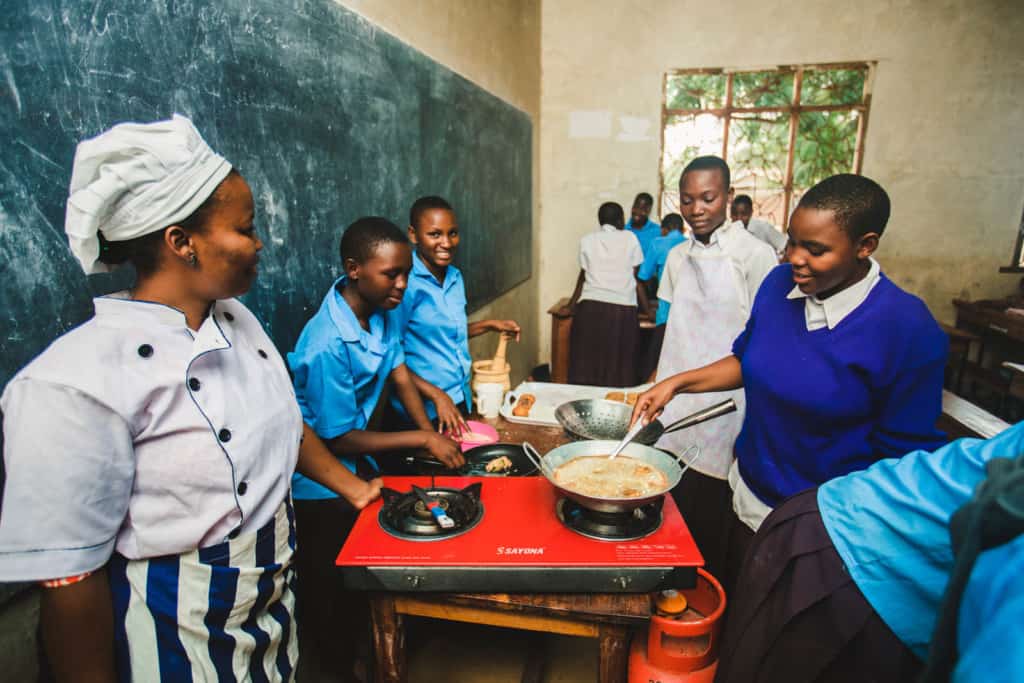
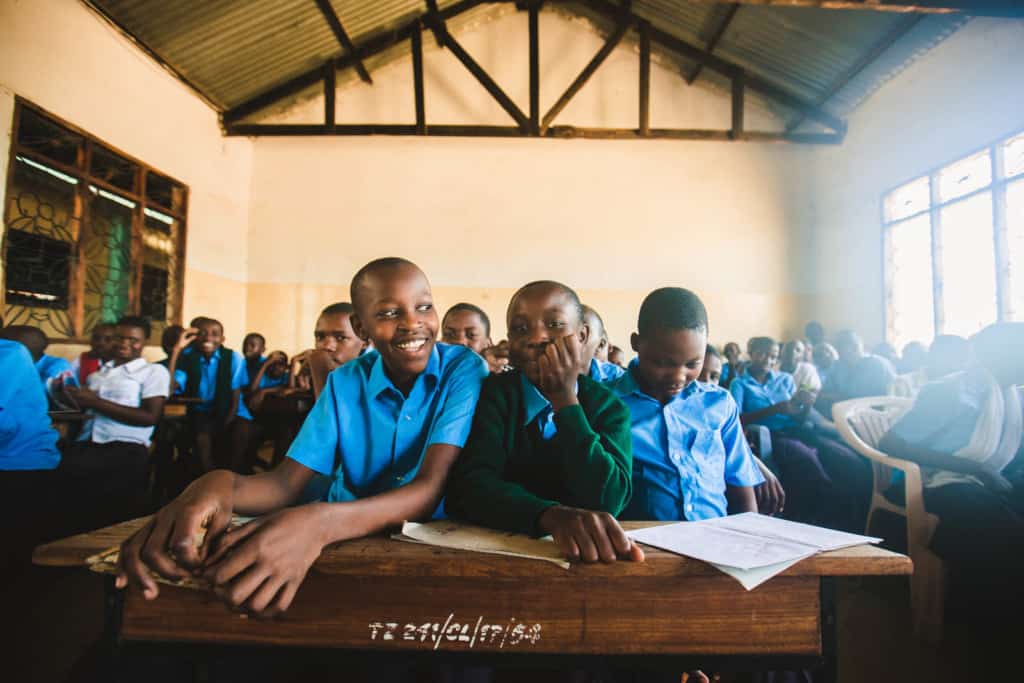
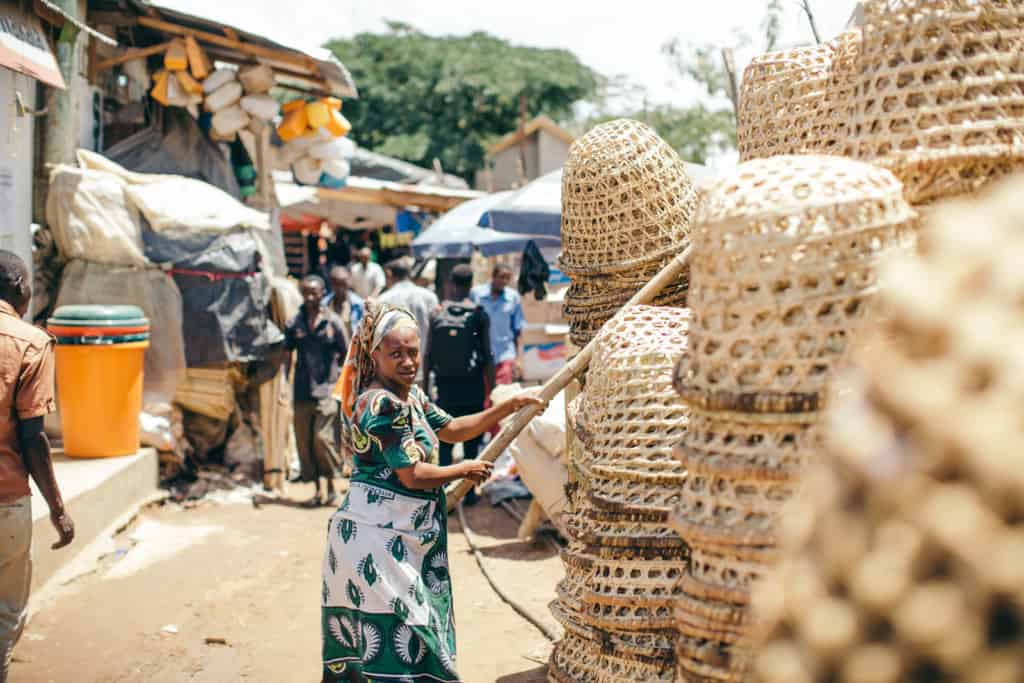
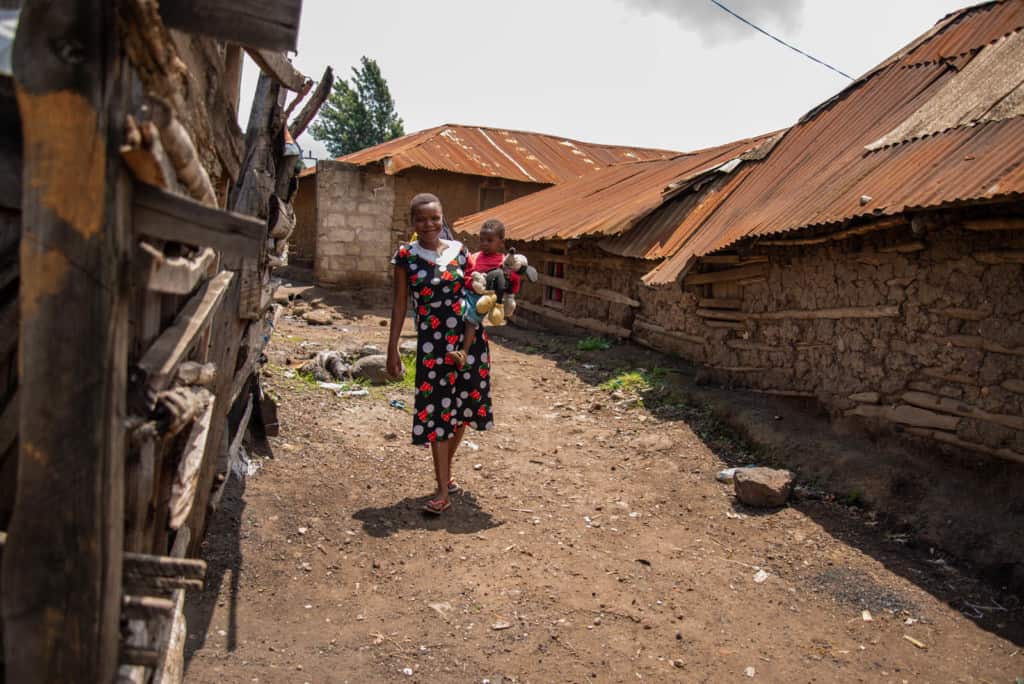
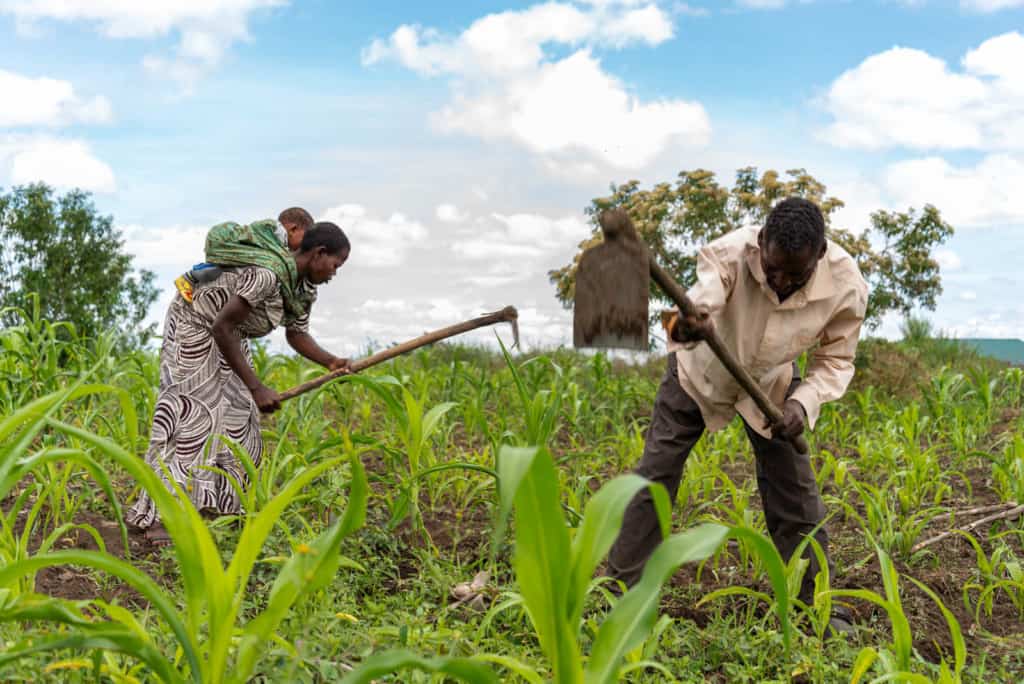
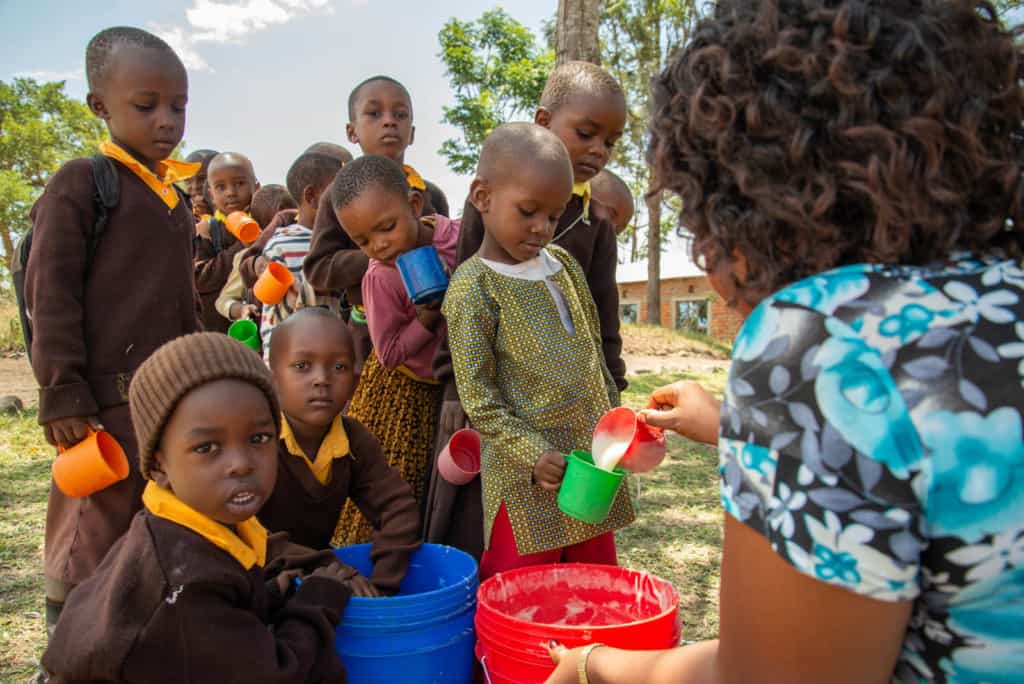
Do you want to keep learning about the beautiful country of Tanzania?
Facts About Compassion and Tanzania ›
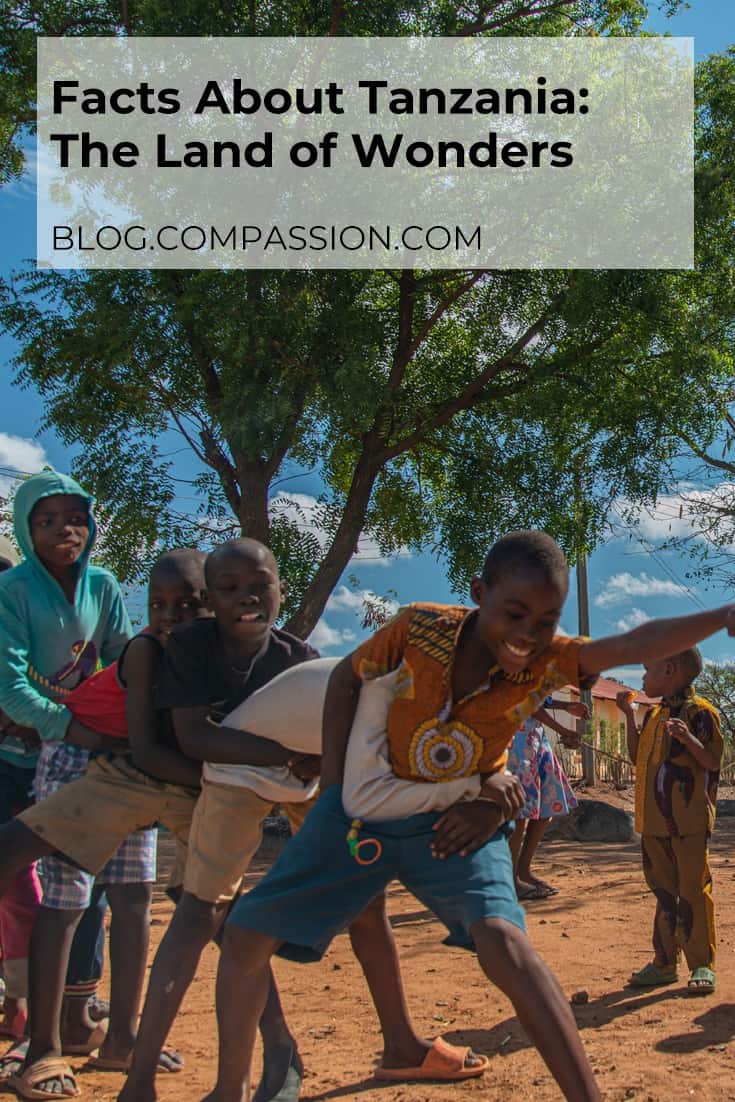
Each week on the blog, we’re posting an article of facts about a different country where sponsored children live. Keep an eye out for the countries that interest you the most!

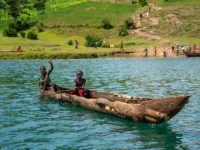
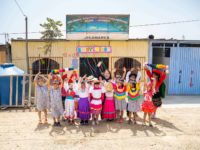
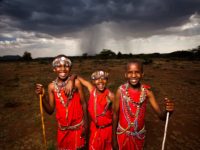
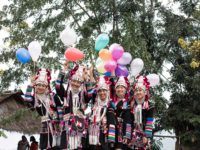


18 Comments |Add a comment
This is a fascinating article! Tanzania is indeed a country of beauty and diversity.
Thank you for sharing this! It’s wonderful to see and learn more about the country where my child lives. Sounds beautiful!
I enjoyed learning so many interesting things about the land and peoples of my sponsored child’s country. Some of the famous landmarks I knew of now I know what African country they are in. I especially liked learning cultural facts such as foods, dress, and children’s games.
Thank you so much for this article! It was wonderful to read about this beautiful country!
Thank you for this blog! It gave me an insight and a better understanding of my sponsored child’s home.
Thank you for so readily providing country/culture information. The more I learn about my sponsor child and her country, the more I desire to learn. It’s such a privilege and a blessing to be a sponsor.
I loved reading about Jofrey’s homeland. I can’t wait to visit
Very nice, l learned a lot, helps to see the Country our child lives in. Thank you!
I truly enjoyed reading about Tanzania. I hope you continue to send more blogs
God Bless You, and Merry Christmas.
Thank you so much for the article!! I am so happy to here about Clennzeensia!! It truly brought out tears in me! It’s so good to see her going after her dream, and not having fear! Something we should all do! I don’t even chase my own dreams. She is much more special than I! GOD Bless her in everything she does!! Bless her heart!! Even being told not to race, and coming in second ,and not giving up!! I will cheer her on always!! I’m a fan of hers!!
I would love to visit one day and meet my child and her family!
This blog was wonderful. Thank you! For many years I worked with nurses who came to the US from many countries in Africa (many from Tanzania). I enjoyed their food and many stories.
Thank you for this information and the pictures. It gives me insight and helps me feel closer to my sponsored child.
Absolutely loved reading this Blog.
I found this really interesting and informative. Thank you so much for taking the time to do such a professional job. I loved the pictures too! They add so much to your blog. The more the better. Our little compassion child has grown from a little boy to a young man and we are so proud of him. Thank you again for all you do in the Name of Jesus! God made flesh.
Thank You!
I enjoyed learning more about the child I sponsor!
Blessings!
This is a great intro to my sponsor child Elizabeth’s country! I knew little about Tanzania before, and after reading this article, I feel a step closer to understanding where Elizabeth comes from. I love that Tanzanians are a people of faith, Christian, Muslim, or otherwise!
Fantastic article. Thank you for creating this! I think it would be an amazing place to visit and see the child I’m sponsoring.